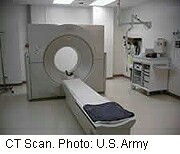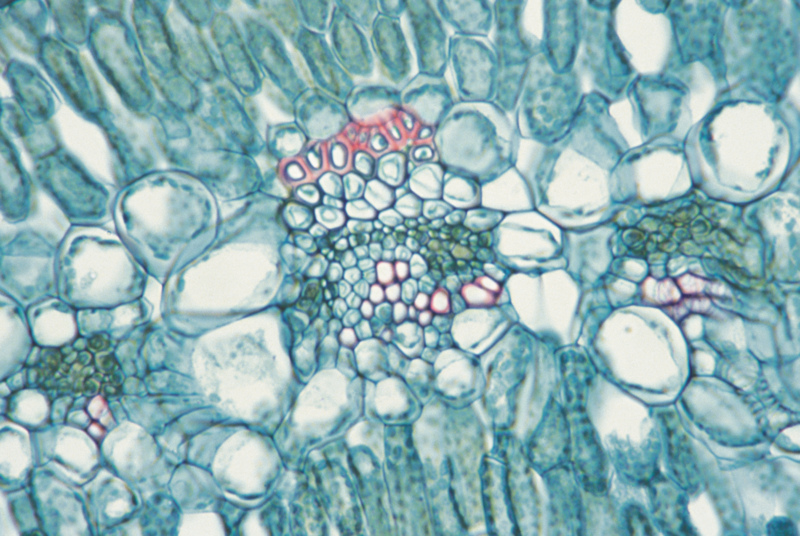
THURSDAY, Feb. 24 (HealthDay News) — A large number of dialysis patients are at increased risk of cancer due to high radiation doses, and doctors should think about reducing these patients’ levels of radiation exposure, a new study suggests.
The researchers noted that many kidney disease patients who are receiving dialysis also have other health conditions that require them to undergo radiation procedures for diagnosis and treatment, resulting in high doses of radiation over an extended period of time.
The study, from researchers at University Hospital “Maggiore della Carita,” in Novara, Italy, included 106 dialysis patients whose exposure to radiation from medical procedures was assessed for an average of three years.
On average, the patients received radiation doses that were equivalent of about 1,000 chest X-rays per year. Computed tomography (CT) scans accounted for only 19 percent of the total number of radiological procedures but were responsible for 76 percent of the total radiation doses.
Overall, 22 patients received low doses of radiation each year, 51 received moderate doses, 22 received high doses and 11 received very high doses. In addition, the investigators found that exposure to radiation at levels that have been associated with a substantial increase in the risk of cancer-related death were noted among 17 of the patients.
Younger patients and those on transplant waiting lists were found to have been exposed to higher radiation doses, according to the report, which was released online in advance of publication in an upcoming print issue of the Journal of the American Society of Nephrology.
“These findings emphasize the need to begin tracking at least the CT-related exposure to develop and implement alternative strategies to reduce patient-specific radiation burden,” study author Marco Brambilla said in a news release from the American Society of Nephrology.
“The retrospective nature of this study does not allow us to draw conclusive inferences about the percentage of CT studies that could have been avoided. However, the significant number of examinations that resulted in non-notable findings or in negative results — about 60 percent — points toward the need of a more stringent process of justification of CT referral,” Brambilla said.
More information
RadiologyInfo.org has more about radiation exposure.

